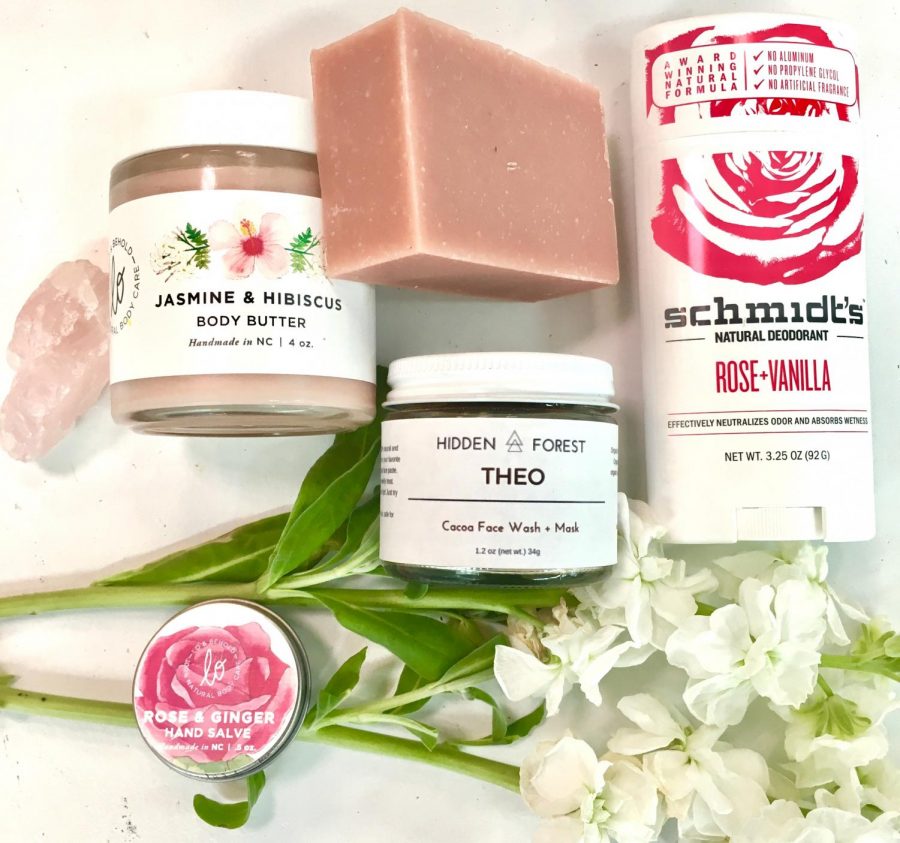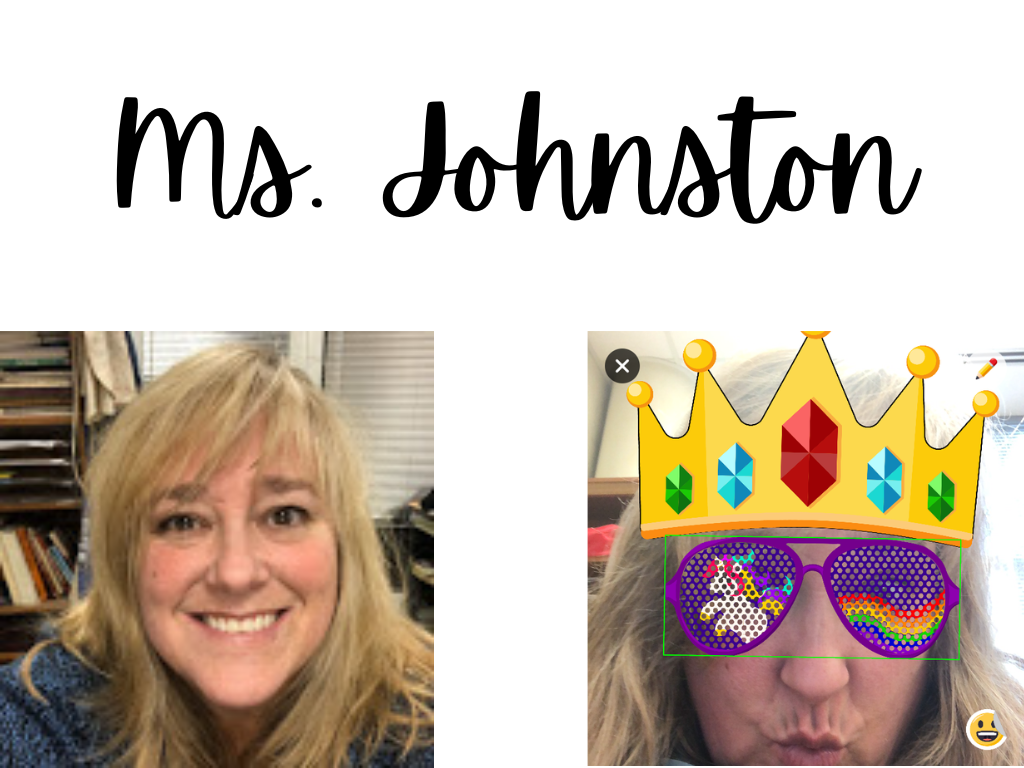Living Fit: Making the switch to all-natural beauty products
Featuring all-natural formulas, these beauty products do not contain parabens or other harmful substances. In order to prevent damage to your skin, switching to a cleaner skin and hair care routine might be a good option, considering the harm parabens have been proven to cause.
December 18, 2019
If you were to mentally walk through your daily skin care, hair care, and beauty routine, how many products would you say you use? The answer is probably too many to count when everything from makeup to facial soap to even hairspray is taken into account. The more important question is how many of these products contain harmful substances? You may be putting damaging ingredients on your skin without even realizing it, meaning it could be beneficial for you to invest in more natural beauty products. Senior Jamie Horwitz said, “I always used to base what skin care products I bought off of what worked most effectively, not what was healthiest, but I think it’s really important to be conscious of what kinds of things you’re using.”
A simple way to start is by identifying two to three particularly harmful parabens and eliminating them completely. Parabens are chemical compounds that are often added to cosmetics to prevent the growth of bacteria. However, many studies have proven that parabens cumulatively damage your health over time. Already, the European Union has prohibited 1,400 of these ingredients, whereas the United States has only restricted 30. While we may not have legislation in place to protect us from the bad ingredients used by much of the American beauty industry, it is important to take initiative for our personal health. As you become more familiar with more types of parabens, you can continue to remove them from your beauty routine. Starting small will make the switch to all-natural products more gradual and much easier to take on. In the meantime, you can begin to adapt to the habit of reading the ingredient labels on the items you use before you buy them, thus familiarizing yourself with the terminology of the additives you should avoid versus the ones that are okay to use.
However, there are many useful tools that have been created since parabens have become more widely recognized as harmful substances that provide shortcuts to having to learn the names of so many ingredients. The Environmental Working Group created a free app called Skin Deep that serves as a database of beauty products and their chemical composition. The app rates products based on the ingredients they contain, as well as what scientific studies have found about certain items or brands in terms of how controversial they are. Users can easily search for any product and use its rating to determine whether or not it is safe to buy.
Once you can identify healthy versus harmful ingredients, you may want to find a series of staple products for your all-natural beauty routine. Some brands to look into include Beautycounter, Jane Iredale, Ilia, and Drunk Elephant. These companies are constantly advocating for consumer safety throughout the cosmetics industry in a number of ways. With this, you may continue to see them sold in more stores, as opposed to exclusively online. Drunk Elephant is sold at Sephora, Jane Iredale is sold at Ulta and Nordstrom, and more all-natural brands can be found in stores everywhere as more people want to ditch parabens for cleaner formulas.
With a bit of research and awareness of what goes into your cosmetic products, changing to a healthier, safer, and more natural beauty routine does not require much, and is worth whatever little trouble it takes. You never know what that ingredient you cannot pronounce on the back of your shampoo bottle could really be doing to your skin, and it may prove helpful to look into. Making small changes now can save your health from suffering later.












